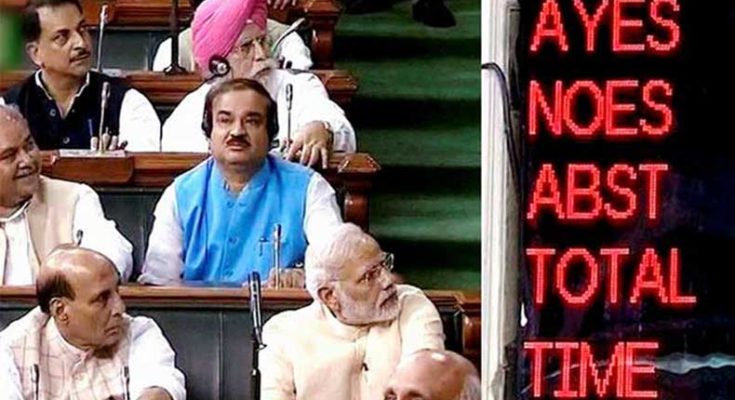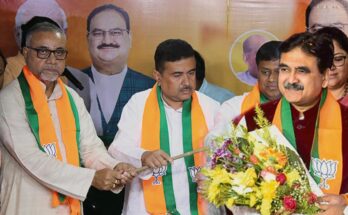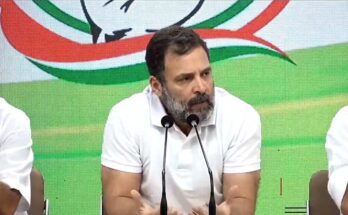Amended GST Bill passed by the Parliament. Image Courtesy – http://timesofindia.indiatimes.com
The long-delayed and long-cherised GST Constitution bill was passed by the Parliament on Monday, the 8th August, 2016, denoting a memorable stride for Tax reforms. The Prime Minister of India, Narendra Modi told that GST was very urgent for closure tax terrorism other than lessening corruption and black money. Thanking all the political parties he told that the “Goods and Services Tax” bill would make the consumer happy like a ‘king’.
The 122nd Amendment Bill of the Indian Constitution, which was passed by the ‘Lok Sabha’ in May 2015, was taken up again by the Lower House to favour the progressions made in it by the ‘Rajya Sabha’ a week ago.
The government had moved six official alterations, including discarding of ‘1% of additional tax’, to the bill which were endorsed by the Upper House. Following a six-hour discussion, the Lower House passed the bill with all the 443 members of the parliament present voting in support after AIADMK members arranged a walkout opposing the measure.
Prime Minister Modi is delivering his speech in the Parliament. Image Courtesy – Youtube.com
Taking part on the debate Prime Minister Modi told that the section of the Bill reflected “development” of the Indian democracy system considering a pivotal enactment was endorsed with agreement on the basis of numbers. He addressed it as a ‘great step by team India’ which would help to transform the economy in future. It would bring transparency and the arrangement of ‘one country one tax’ system.
He underlined that the entry of the bill by Parliament was not a triumph of any political party or government but rather was everyone’s triumph as it highlighted the accomplishment of the law based ethos of the nation.
Read: ‘AAP’ leaders deny the rumours of Kejriwal’s wife to join party
Arun Jaitley, the Finance Minister & Minister of Corporate Affairs in the Cabinet of India, cleared that the tax rate under the GST administration would be kept at ‘minimum workable rate’ while answering the debate session. He also told that no state government could irritate its people by having higher rate of tax, because the rate would be defined by GST Council. However, he denied that the GST enactment would not be brought as ‘Money Bill’, which was a key demand of the opposition Congress party.
The bill will now must be approved by a minimum of 16 among the 29 state assemblies. The Prime Minister believed that it would be approved very soon. In his words, GST would advantage the customer and little business, which were the strength of the nation. Because of GST transparency would be upgraded in the future. Depicting the section of the bill as ‘victory of democracy’, the Prime Minister explained it – ‘Great Step by Team India’, ‘Great Step towards Transformation’, ‘Great Step towards Transparency’.
Emphasizing that everyone dreams for “Ek Bharat Shreshtra Bharat” (One India, Great India), he told that it was not just a taxation system but all states and the Centre would develop a system where small or big would accept that. He expressed his pleasure that the GST bill was not allowed to be politicised and rather became a national issue.





